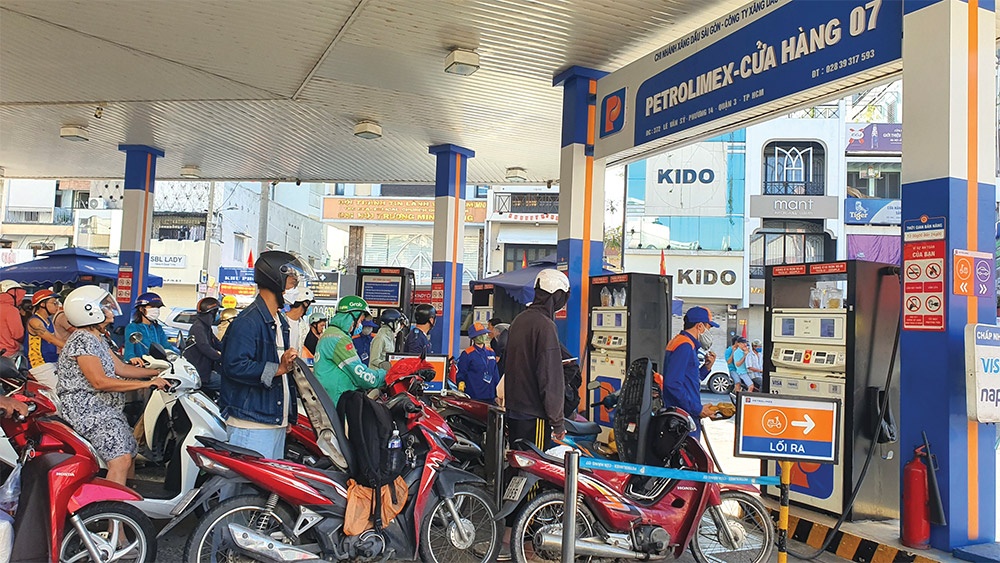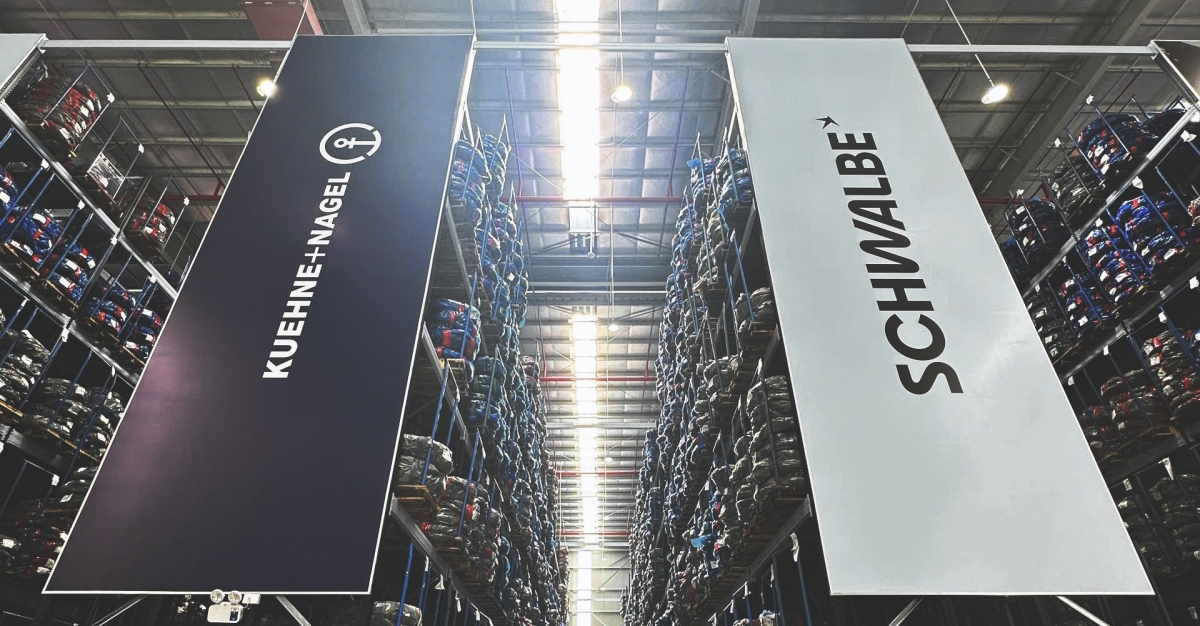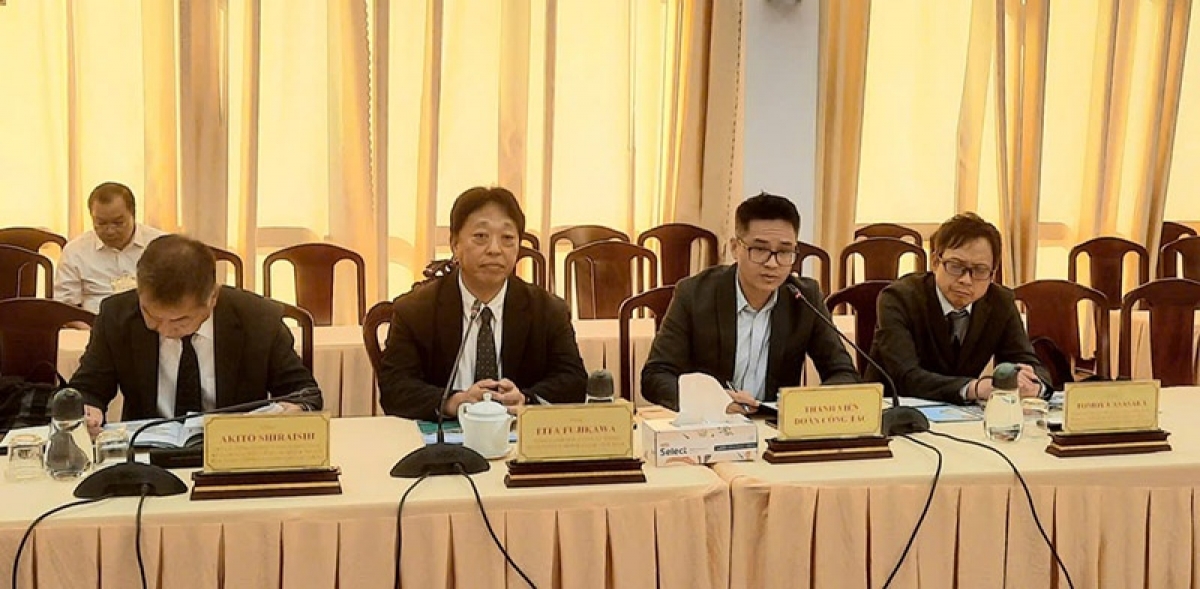INTERNATIONAL INVESTMENT
AND PORTAL
 E10 biofuel is being hailed as a breakthrough in Vietnam’s roadmap for green energy development, but leaders remain cautious regarding the transition period.
E10 biofuel is being hailed as a breakthrough in Vietnam’s roadmap for green energy development, but leaders remain cautious regarding the transition period.
Hurdles in technology, policy, and market development must be addressed for biofuel changes, Photo: Le Toan
From August 1, E10 biofuel has been piloted in Hanoi, Ho Chi Minh City, and Haiphong. Leading distributors such as Petrolimex, Petrovietnam Oil Corporation (PVOIL), and Saigon Petro have all reported positive consumer feedback and said they are ready for the nationwide rollout of E10 from 2026.
“We hope consumers will continue to embrace this product, as it supports the government’s environmental policy while ensuring reliable quality,” said Le Trung Hung, deputy CEO of PVOIL. “With early guidance from authorities, we will be able to move proactively in rolling out this transition.”
At the 2025 International Biofuel Conference, co-hosted in late August in Hanoi by the Ministry of Industry and Trade (MoIT), Clarence Woo, managing director of the Global Centre for Green Fuels, highlighted the key benefits of biofuels for Vietnam.
“Ethanol is an immediate solution to reduce emissions. Analyses have shown that ethanol-blended petrol emits significantly less compared with conventional fuels,” Woo said. “According to the Vietnam Petroleum Association, E10 can cut emissions by about 25-30 per cent, offering not only reduced fossil fuel use but also immediate improvements in air quality and public health.”
Moreover, in terms of energy security, increasing the ethanol blend reduces dependence on imported fossil fuels. This helps ensure greater autonomy in energy supply and pricing amidst global volatility in oil markets, which is far from a minor issue today, Woo added.
Vietnam’s biofuel journey started nearly a decade ago. E5 gasoline, blending 5 per cent ethanol with 95 per cent petroleum, was first introduced in 2015 and became the mandatory replacement for RON 92 gasoline in 2018.
Dao Duy Anh, deputy director general of the Department of Innovation, Green Transformation, and Industrial Promotion under the MoIT, said that current difficulties do not only come from consumer psychology but also from the limitations of the distribution system and the fact that some private enterprises have not complied with mandatory business regulations.
“Domestic ethanol producers face many obstacles, with limited capacity to supply primary sources. Besides that, communication is not strong enough to create widespread trust in the community, while the main financial, tax, and credit mechanisms for this sector are still lacking,” he said.
Minister of Industry and Trade Nguyen Hong Dien stressed that significant challenges remain in realising the vision of replacing fossil-based petrol with biofuels.
“To achieve the goal of fully substituting conventional gasoline with biofuels, we must overcome major challenges in technology, policy, and market development. Moreover, domestic production capacity must be expanded, as it currently meets only around 40 per cent of demand,” Minister Dien said. “The rest still relies on imports from the US, Brazil, and other international partners. This highlights the urgent need to expand feedstock areas, boost ethanol production capacity, and establish strong, feasible policies to incentivise production, imports, and strategic reserves of biofuels.”
Vietnam’s biofuel strategy will require careful consideration of global green energy trends, sustainable feedstock supply, technology readiness, fuel compatibility with transport engines, as well as lessons from countries that have successfully scaled biofuel adoption, Minister Dien added.
Relevant agencies have been tasked with proposing robust standards, regulations, and policies, drawing on international experience and tailored to Vietnam’s development needs, to foster a solid institutional framework for the biofuel industry.
Meanwhile, the Dung Quat Biofuel Plant in the south-central province of Quang Ngai is set to restart ethanol production in November to supply E10 blending. Efforts are now focused on expediting plant maintenance at the power-steam workshop after reactivating the main substation to supply electricity across the plant. This is deemed a critical step for Binh Son Refining and Petrochemical in executing the national roadmap for green fuel transition.
With an annual capacity of 100 million litres of ethanol, sourced mainly from cassava chips, the plant will play a central role alongside Dung Quat Refinery in supplying biofuel for the central region.



















